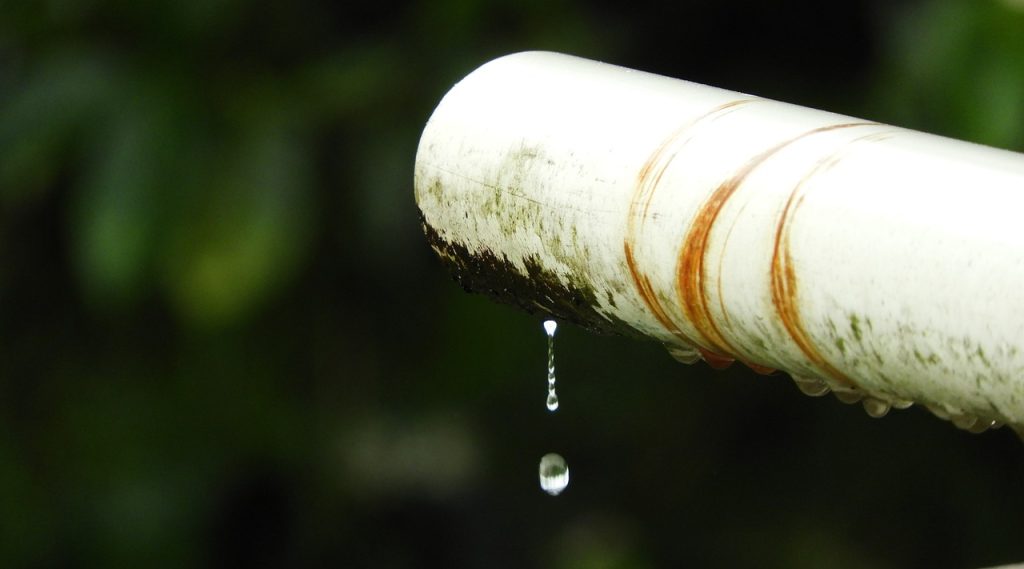Slab leak detection
Slab leak detection

Slab Leak Detection Services in Toronto, Canada
Slab leaks can be a homeowner’s worst nightmare. Hidden beneath your home’s foundation, they are often difficult to detect and can cause significant damage if left unaddressed. Slab leak detection services are essential for identifying and resolving these hidden issues before they turn into expensive repairs. For homeowners in Toronto, this service offers peace of mind by addressing potential water damage, structural instability, and high water bills that can result from undetected leaks.
What is a Slab Leak?
A slab leak occurs when water or sewer lines running underneath your home’s concrete foundation begin to leak. These leaks can develop over time due to several factors, including soil shifts, corrosion, or poor installation of pipes. Since these pipes are buried beneath the slab, it can be challenging to detect a leak until it starts causing noticeable damage to your home.
Signs of a slab leak often include:
- Unexplained increase in water bills
- The sound of running water even when taps are turned off
- Damp or warm spots on floors
- Cracks in walls or flooring
- The smell of mold or mildew
- Low water pressure
If any of these symptoms arise, it’s crucial to address them immediately to avoid further complications.
The Importance of Early Detection
Slab leaks can be destructive if not caught early. The water that leaks out can erode the foundation of your home, leading to severe structural damage. Additionally, the moisture buildup can promote the growth of mold and mildew, which poses health risks to your family. Early detection and repair of slab leaks can save you thousands of dollars in repairs and help maintain the integrity of your home’s structure.
One of the most effective ways to manage a slab leak is through professional slab leak detection services. This process uses advanced technology to identify the exact location of a leak without the need for extensive demolition.
Advanced Tools and Techniques
Professional slab leak detection services employ a variety of sophisticated tools to pinpoint the location of a leak under the slab. These methods minimize disruption to your home and ensure that repairs are targeted and efficient. Some of the most common techniques used include:
Acoustic Listening Devices: These devices help to amplify the sound of water escaping from a pipe. A professional technician can use this equipment to listen through the concrete slab and determine where the leak is occurring based on sound patterns.
Thermal Imaging: Infrared cameras are used to detect temperature changes in the floor, indicating where water is pooling or causing temperature variations. Thermal imaging is especially useful for identifying hot water leaks, as the temperature difference is more noticeable.
Pressure Testing: Pressure gauges are used to measure the water pressure in your plumbing system. A significant drop in pressure can indicate the presence of a leak.
Video Pipe Inspection: A small, waterproof camera is inserted into the plumbing lines to visually inspect for cracks, breaks, or leaks. This method provides a direct view of the pipes and helps technicians assess the condition of the plumbing system as a whole.
These advanced detection techniques are non-invasive, meaning they don’t require breaking through the slab unless absolutely necessary. By using technology to locate leaks with precision, repair efforts can be more focused, saving time, money, and reducing unnecessary damage to your home.
Slab Leak Repair Options
Once a slab leak has been detected, there are several methods available for repair. The appropriate solution will depend on the severity and location of the leak. Some of the most common repair options include:
Spot Repair: If the leak is isolated to a small section of the pipe, a spot repair can be performed. This involves breaking through the slab at the location of the leak, repairing or replacing the damaged pipe, and then sealing the slab back up.
Pipe Rerouting: In cases where the plumbing system has multiple leaks or is severely corroded, rerouting the pipes may be the best option. This method involves bypassing the damaged section of the pipe by installing new piping that goes around the slab, eliminating the need for further digging or demolition.
Epoxy Pipe Coating: For minor leaks, epoxy lining can be applied inside the existing pipes to seal any cracks or leaks. This method is less invasive and can be done without breaking through the slab, making it a popular choice for homeowners looking to minimize disruption.
Why Professional Expertise Matters
While some homeowners may be tempted to tackle plumbing issues themselves, slab leaks require specialized knowledge and tools to detect and repair effectively. Without the proper expertise, you could end up causing more damage or misdiagnosing the problem, leading to costly repairs down the road. A professional plumbing service ensures that the slab leak is located accurately, and the most appropriate repair method is chosen.
Moreover, professional slab leak detection services provide a comprehensive assessment of your plumbing system. This is important because a single slab leak may be a symptom of a larger issue, such as corroded pipes or shifting foundations. Addressing these underlying problems can prevent future leaks and safeguard your home from further damage.
Preventing Future Slab Leaks
While it’s impossible to completely eliminate the risk of slab leaks, there are steps homeowners can take to reduce their chances of encountering this issue:
Regular Plumbing Inspections: Scheduling routine plumbing inspections can help catch potential problems before they escalate into major issues. A professional can identify signs of wear and tear on your pipes and recommend preventive measures to protect your plumbing system.
Water Pressure Regulation: High water pressure can cause stress on your pipes, leading to cracks and leaks. Installing a pressure regulator can help maintain safe water pressure levels.
Address Soil and Foundation Issues: Slab leaks can result from shifting soil or settling foundations. Ensuring that your home’s foundation is stable and addressing any soil movement can prevent future leaks.
Replacing Old Pipes: If your home has aging plumbing, particularly if the pipes are made of outdated materials such as galvanized steel, it may be time to consider repiping. Replacing old pipes with modern, durable materials can significantly reduce the risk of leaks.
Slab leaks are a serious issue that requires prompt attention and professional expertise. Detecting and repairing a slab leak as early as possible can prevent extensive damage to your home and avoid costly repairs. By using advanced detection methods, professional plumbing services in Toronto can quickly locate leaks and provide targeted, effective repairs to keep your home safe and secure.
For homeowners, slab leak detection is an essential service that not only protects your property but also ensures peace of mind.
FAQs
Detecting a water leak under a concrete slab can be challenging, but professionals use specialized techniques such as acoustic listening devices, moisture meters, and infrared cameras to identify leak locations without breaking the slab. Common signs of a slab leak include damp or warm spots on the floor, the sound of running water when no fixtures are in use, or increased water bills.
Yes, a slab leak can often be identified through the water meter. If you turn off all water-using appliances and fixtures in the home and the water meter continues to move, this could indicate a leak in the system, possibly under the slab.
Yes, it is possible to have a slab leak and not be immediately aware of it. Some slab leaks start small and may go unnoticed for a while. However, over time, they can lead to more noticeable signs such as water damage, mold growth, or cracks in the floor or walls. Regular inspections can help detect these leaks early.
Slab leak detection involves locating water leaks that occur beneath concrete foundations. This process requires specialized equipment and expertise to accurately find leaks without causing extensive damage to the slab. Leak detection professionals use methods like electronic amplification equipment, electromagnetic pipeline locators, and infrared technology to identify and assess slab leaks.
